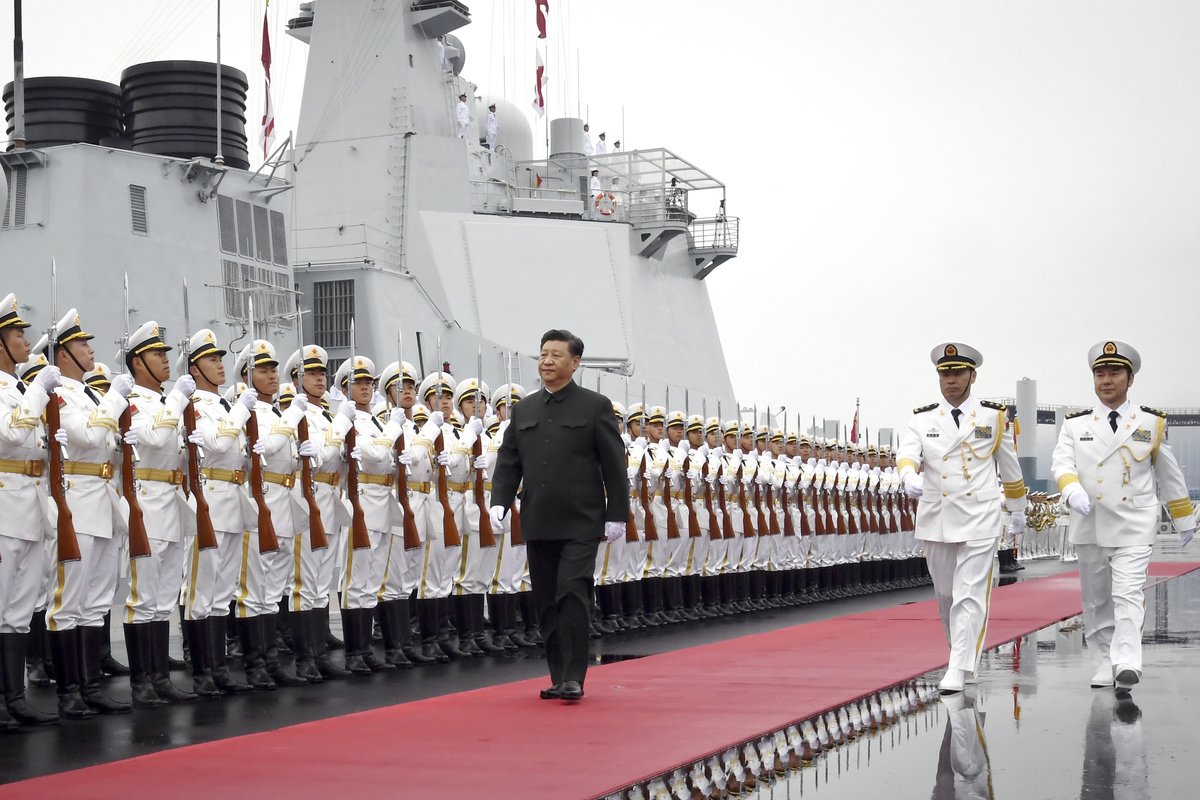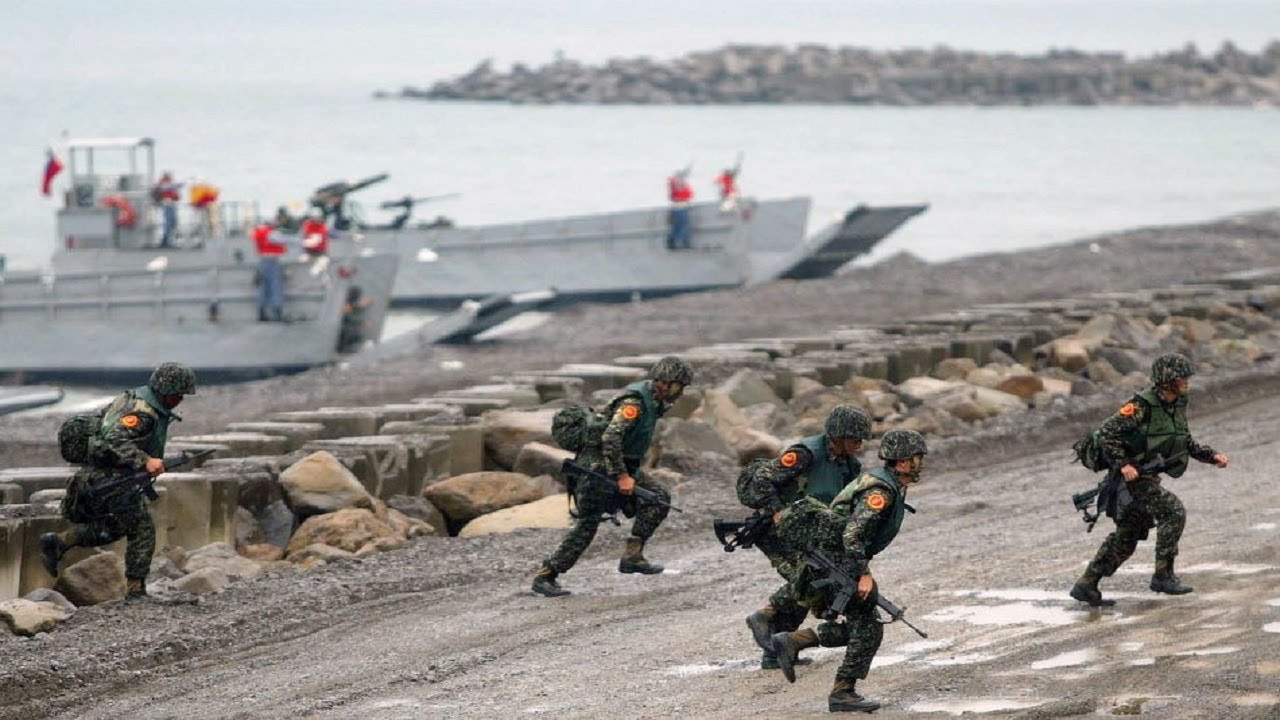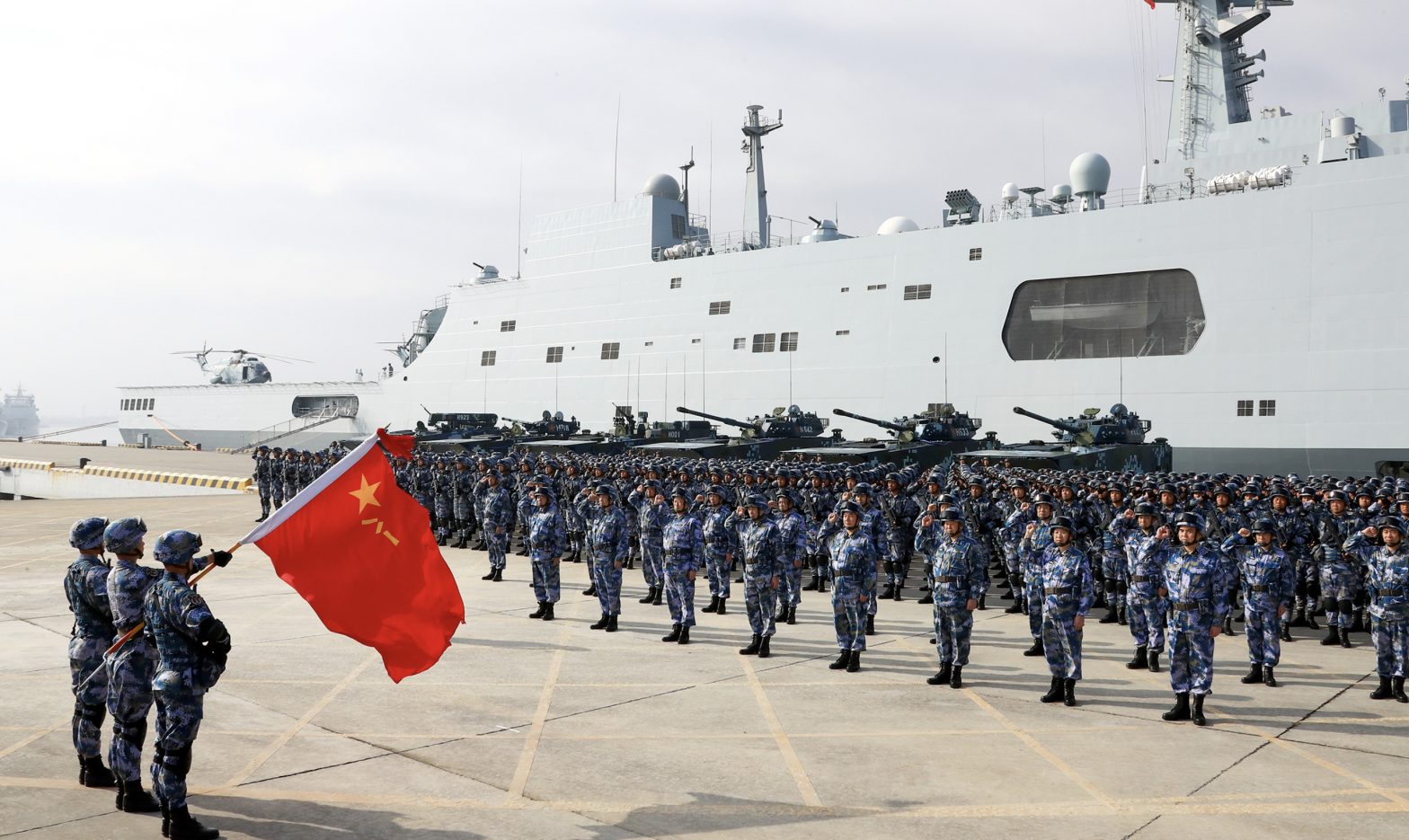The ongoing conflict between Russia and Ukraine has ignited global security apprehensions, setting the stage for dialogue at the forthcoming International Institute for Strategic Studies (IISS) Shangri-La Summit in Singapore. As global policy makers assemble, they are faced with a crucial issue: what implications does this European crisis have on China’s strategic alignment towards Taiwan and the broader Asia-Pacific?
China: An Enduring Adversary to the Global Order

The recent IISS report issued on Friday confirms without a doubt that China persists as the primary long-term threat to the prevailing global order. Regardless of Russia’s military difficulties in Ukraine, there is no sign that Beijing has reassessed its objectives or timetable with respect to Taiwan.
China’s escalating military audacity, characterized by its navy’s augmentation, fortification of islands in the South China Sea, and the proliferation of security agreements in the South Pacific, has triggered global concern. This, together with its hesitation to denounce Russia’s invasion of Ukraine, has stoked conjecture around China’s plans for Taiwan, especially given Beijing’s comprehensive military exercises in the vicinity of the island over the past year.
The China-Taiwan Flashpoint
The parallels between Russia-Ukraine and China-Taiwan are not lost on observers. Although the geopolitical contexts differ, the imagery of a more formidable power launching an assault under the pretense of reunification has escalated concerns about Beijing’s intentions. However, the IISS report emphasizes that China’s perception of Taiwan as an internal issue distinctly separates it from the Russia-Ukraine conflict.
Chinese strategists have been scrutinizing the implications of Western support for Ukraine and the factors contributing to Russia’s poor military performance, the report suggests. However, it remains unclear whether this analysis will influence China’s decisions regarding Taiwan.
An Elusive Military Balance in the Asia-Pacific

According to the IISS, Beijing continues to extend its blue-water capabilities to operate far from its shores. Simultaneously, the US and its allies have also been ramping up naval funding and readiness, signaling a potential shift in the naval balance in the region.
The revitalization of the Quad security grouping (the US, Japan, India, Australia) and the recent agreement between the US, the UK, and Australia to develop a joint fleet of nuclear-powered submarines indicate growing countermeasures against China’s military rise. However, regional states remain cautious, attempting to navigate the fine line between economic dependence on China and maintaining security alliances with the US.
Diplomatic Standoffs and the Future of US-China Relations
The fracture in US-China relations was made apparent when China declined a meeting with the US Secretary of Defense at the conference. The lack of dialogue between the world’s two superpowers could further escalate tensions, potentially leading to incidents that may quickly spiral out of control.
China’s defense chief Li Shangfu will attend the conference for the first time since assuming his position. His address is expected to emphasize China’s claim of maintaining a defensive force aimed at promoting world peace and development. However, given the evolving geopolitical scenario, this assertion is likely to face scrutiny.
Conclusion
In conclusion, the recent Russia-Ukraine conflict, China’s assertiveness, and the evolving US-China relations are reshaping the global security landscape. The Shangri-La Dialogue provides a critical platform for world leaders to discuss these issues and, hopefully, chart a path towards de-escalation. However, the challenge of balancing security concerns with economic dependencies remains a significant hurdle. The decisions made at this conference and in the coming months will have profound implications for the international order and global peace.
©world-news.biz
